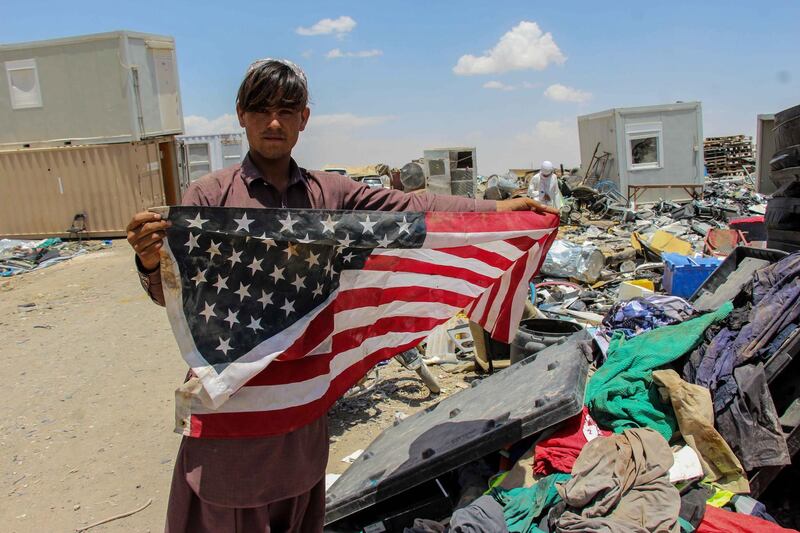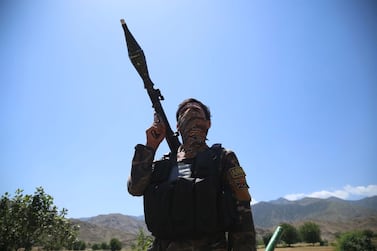Washington will do whatever it takes to protect Afghans who worked as translators for US forces and who fear for their lives as foreign troops leave Afghanistan, Gen Mark Milley said on Thursday.
"I can commit to you that it's my belief that the United States government will do what is necessary in order to ensure the safety and protection of those that have been working with us for two decades," Gen Milley, chairman of the US Joint Chiefs of Staff, told a congressional panel.
Defence Secretary Lloyd Austin gave a similar message to the Senate armed services committee.
"This is very important to us," Mr Austin said. "We're pushing as hard as we can on our end to move as fast as we can."
US President Joe Biden has ordered the withdrawal of US troops from Afghanistan by September 11, the 20th anniversary of the Al Qaeda attacks on New York and Washington.
The Pentagon on Monday said the pull-out was more than 50 per cent complete.
It is the State Department, not the Pentagon, that has the final say over who can enter the US.
About 18,000 Afghan interpreters, commandos and others who aided US forces are waiting for decisions on visas, a backlog that members of Congress say could take more than two years to clear.
US Secretary of State Antony Blinken said on Monday that extra personnel had been given the task of looking into visa requests.
The same day, the Taliban said Afghans who worked with foreign forces had nothing to fear when international troops left, as long as they "show remorse".
In recent weeks, many interpreters have demonstrated in Kabul, demanding the foreign forces and embassies with which they worked help them to relocate.







